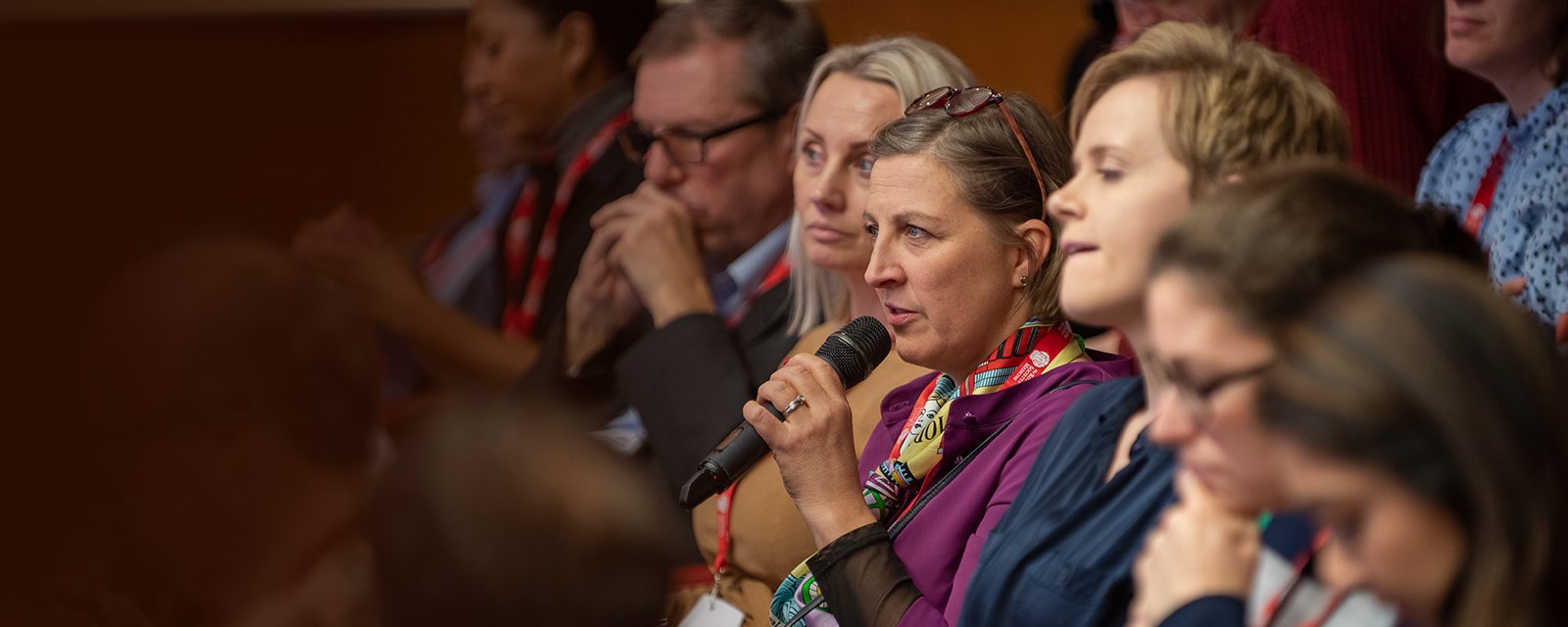
What we learned at the Tackling Inequalities conference 2023: Chronic respiratory disease
Continuing our series of articles, we share insights from NHS England’s report on key learnings from our joint Tackling Inequalities conference in January 2023. The report has been published ahead of the upcoming second conference on 16 January 2024, which will focus on tackling inequalities through innovation and entrepreneurship. This article delves into the first conference's insights on addressing inequalities in chronic respiratory disease.
Respiratory diseases, a leading cause of death in the UK, affect one in five individuals during their lifetime. Despite medical advances, respiratory health lags behind areas like cardiovascular disease. England faces higher mortality rates from respiratory disease compared to Europe.
Socioeconomic factors significantly impact COPD outcomes, correlating with increased emergency care, hospitalisations, and mortality risks, stemming from issues like smoking and poor living conditions.
Immunisation uptake, vital for COPD patients, is lower among minority ethnic groups, intensifying health disparities, especially considering their heightened vulnerability to severe COVID-19 outcomes. With over 700,000 annual hospital admissions, respiratory diseases represent a substantial £11 billion burden on the NHS.
Participants, in breakout sessions, shared existing strategies to tackle health inequalities in chronic respiratory disease. They highlighted the success of initiatives like the Mid and South Essex Respiratory Van, delivering crucial services to underserved areas. Addressing tobacco dependency, particularly through automatic smoking cessation referrals in acute settings, was seen as a priority. The consensus was for targeted vaccination efforts for high-risk populations and increased awareness in underserved communities.
Ideas for improvement centred on community engagement and the Making Every Contact Count (MECC) principle, emphasising a 'bottom-up' approach involving local communities and partners. Another proposed initiative involved a Maternity Incentive Scheme, aiming to incentivise pregnant women to quit smoking and thereby contribute to improved respiratory health for both mothers and babies. Additionally, the importance of increasing the availability of primary care settings, with a focus on GP involvement, was highlighted as a crucial step toward addressing tobacco dependence.
Participants advocated for key tools and interventions to advance respiratory care, emphasising community engagement and education. They proposed integrating early and accurate asthma diagnosis into existing programmes like the Total Lung Health Check (TLHC) to streamline investigations and reduce costs for patients. The discussion also touched on the significance of exploring innovative approaches, including AI-driven strategies and improved use of technology for efficient knowledge-sharing. Practical interventions such as increasing referrals to community services and utilising Point of Care services were highlighted as important for accessibility.
The conference concluded with participants making pledges, committing to actions aligned with the overarching goals of addressing health inequalities in respiratory care. These pledges ranged from advocating for Core20PLUS5 to improving access to routine immunisation programmes.
Access the full report here.
Book your place at Tackling Inequalities: Through innovation and entrepreneurship on 16 January 2024.
